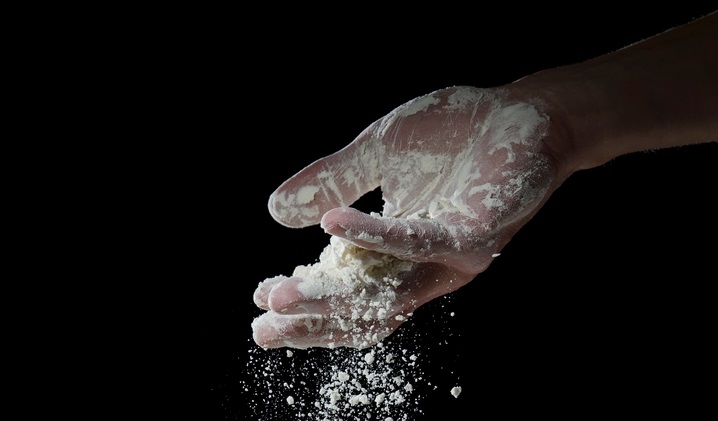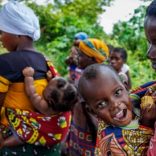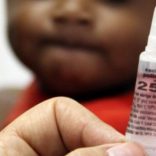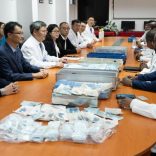Mozambique: Fear of organ trafficking hinders a young man's dream of living without fear of the sun
Harsh criticism of drought food aid that provoked threats & violence – By Joseph Hanlon

Selective distribution of food aid in the 2016 drought in southern Mozambique is sharply criticised in a study for the United Nations Population Fund (UNFPA). The study found food stolen from beneficiaries. Quarrels arose when hungry children from non-beneficiary households tried to eat with beneficiary neighbours. In Sabie a team distributing food was threatened with beating and had to flee.
And there will be political impact. The study notes that “during group discussions the sense of injustice was visible with expressions like: ‘when it is time to vote we all do but with food some eat and others don’t’.” In an area near a Renamo base a community leader was told his name would be given to Renamo guerrillas as a target because he excluded families; he said “they do not understand that the programme only accepts a total of 40 families”.
And there was huge variation, with some agencies distributing up to ten times as much food and other products as other agencies.
The study was done in five districts of Inhambane, Gaza and Maputo provinces which are normally dry and badly hit. Foreign NGOs, the World Food Programme (WFP), and the government’s own National Disasters Institute (INGC, Instituto Nacional de Gestao de Calamidades) tried to target those most in need, and distributed commodities. WFP distributed vouchers which could be used at a special market.
“All communities agree that the drought is affecting them all,” the report notes. Thus “selecting just some localities and specific beneficiaries is creating a revolt amongst those excluded.” One community in Magude agreed a secret arrangement to redistribute all the aid received so that everyone had aid.
The study calls for “universal distribution of aid in cash rather than goods. In the rural areas visited there is no great differentiation on levels of poverty and richness. In a poor country like Mozambique, especially in rural areas, it would be more effective to cover all in need. Cash would be the privileged form of aid, as it allows household members (especially women) to make choices based on their more pressing needs.”
The study was concluded in December 2016, during the drought, but a one page summary was only published last month by UNFPA and DfID, and it only covers gender issues, not the criticism of selective commodity aid. https://reliefweb.int/sites/reliefweb.int/files/resources/KB – Women and Drought in Southern Mozambique.pdf The full report appears not to have been published, but it has been made available by Zitamar (36 Mb!) on https://drive.google.com/file/d/0BzjeoV3aizNXZERDejlMaGtSVkk/view?ts=59fc1b18 and is now also on my website in condensed format (full report, poorer pictures, 1.1 Mb) on http://bit.ly/2zckOeY. The aid critique is on pages 35-39.
By Joseph Hanlon












Leave a Reply
Be the First to Comment!
You must be logged in to post a comment.
You must be logged in to post a comment.